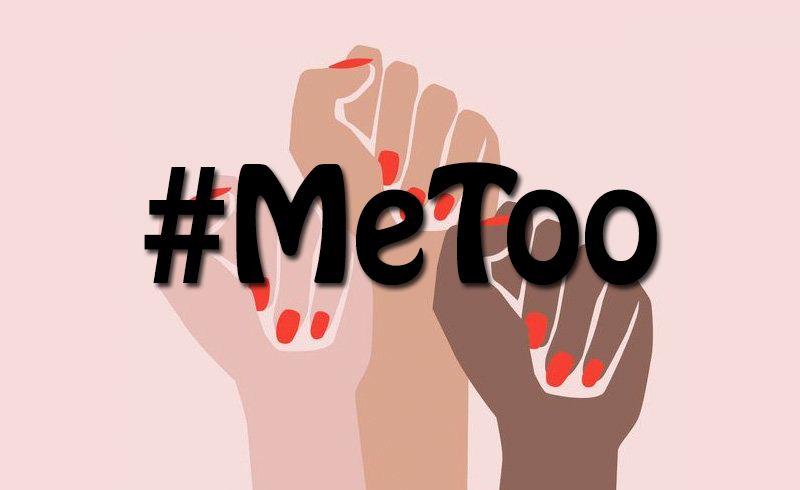Community News
#metoo

In elementary school, me and my friends used to play this game we called stung. It actually wasn’t much of a game, it was simply one of us calling out the name of a girl, and then when she turned around the person that called her would grab his crotch and scream stung!
In junior high school, there was a female student that was fully developed at her early age. All of the boys in our school would ogle as she played at gym class, went to the board to do a math problem, or even just when she walked through the hallway. One of my friends used to dare me to squeeze her butt. I had seen him do it to her numerous times, he’d walk right up to her and without her consent he’d squeeze her butt and run, so I knew where his dare was coming from. And although I never took the dare, I did think about it.
Around that same time, there was a woman who lived on my block, one building over from me. She was in her mid- to late 20’s when I was 13. She used to spend time around me and my friends, and sometimes she’d ask us questions of a sexual nature. One time she asked me if I knew how to French kiss. When I admitted that I did not, she leaned in and tongue-kissed me. She told me after the kiss that that was what a French kiss felt like. She was a woman. I was a child. Somehow, my mother got word that this woman was spending an inappropriate amount of time with me and my friends. My mother proceeded to put the “fear of God” into this woman, and she was never heard from again.
#metoo spread virally in October as a way to denounce sexual abuse, assault and harassment. As a sort of response to the many allegations against Harvey Weinstein, women and some men took to social media to tell their stories. The hashtag has grown now to include over a million posts on Twitter and Facebook. Looking at the posts, reading the stories, many from people that I know made me realize exactly how normalized sexual abuse is in our society. I’ve heard the term “rape culture” used before by pseudo-intellectuals and those wishing to polarize gender discussions, and quite honestly, I used to ignore the theory altogether. How could I be affected by rape culture? I love my mother. I love my sisters. I’ll beat up someone for trying that stuff with my daughter. What I didn’t realize was how nuanced our programming had become, how utterly ignorant I had been to my own culpability and victimization of these behavior systems. But yes, we live with the patterns of rape culture sewn into our normalized lives.
I began to look into my own behavior, going back into adolescence and even into childhood. That game of stung? It was certainly inappropriate. That friend that used to run up on my classmate and squeeze her butt, simply because she was more developed than our other classmates? He was committing sexual assault. The young woman that showed me what a French kiss was? Her behavior was criminal. I was only 13, and she was an adult who should’ve known better. In my life, there are dozens of stories where maybe youthful exuberance crossed the line into sexual objectification, times where thinking something was funny or acting in a certain way for the benefit of obtaining sex might have been crossing the line of acceptable behavior. So, #metoo has now become so much more than just a trending hashtag. It has become a mirror, a chance for us to see ourselves in these stories, to realize that maybe she didn’t like it, maybe she didn’t want it, maybe we were wrong for assuming that she did, maybe we were wrong for assuming all this time that we were right.
The power of social media is its ability to reach us all through our phones, laptops and other media devices, and to relay messages globally in a matter of keystrokes. I implore you to take some time and read the stories of #metoo. And then look in the mirror and take inventory of your behavior. Our women and men deserved to be heard on this, but even more importantly, we all need to hear it.

